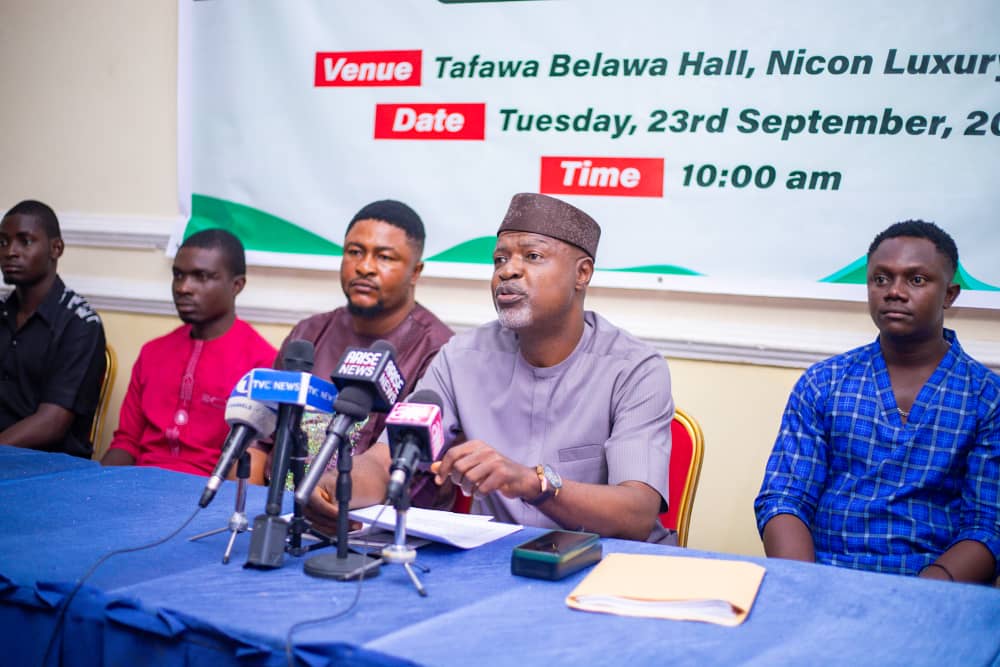In a corner of Nigeria that’s become all too familiar with pain, a glimmer of hope has arrived — not in the form of promises, but euros.
The European Union (EU) has stepped in with a €1.5 million aid package to help victims of the brutal attack on Yelewata and thousands of internally displaced persons (IDPs) scattered across Benue State. For families who have lost everything — homes, loved ones, dignity — the support couldn’t have come at a more critical moment.
Since 2018, Benue has become one of Nigeria’s most troubled spots, haunted by a deadly mix of armed violence, displacement, and deepening poverty. Over 1.5 million people have been forced to flee their homes in that time, according to EU estimates. The latest attacks in June 2025, including the deadly raid on Yelewata, left nearly 23,000 people newly displaced — many of whom had already been chased from their homes once before.
“They are running from pain into pain,” one aid worker said quietly at a camp near Makurdi. “Some of them haven’t slept under a proper roof in years.”
The EU’s support — delivered in partnership with the International Organization for Migration (IOM) — is focused on the basics that every human being deserves: protection, shelter, clean water, toilets, and multi-purpose financial aid. But “basic” doesn’t mean easy. Camps across Benue are overcrowded, understaffed, and dangerously under-resourced.
Imagine sharing a leaking tarpaulin tent with six family members in the middle of rainy season. That’s the reality in many of these camps. Access to clean water is limited; proper toilets are scarce. For many women and girls, even finding a safe space becomes a daily struggle.
“Life here no be beans,” joked a displaced father of four in a weary voice, using a familiar Nigerian saying that hints at hardship. “But at least now we know somebody somewhere dey reason us.”
Between 2024 and 2025 alone, more than 6,900 lives have been lost in Benue, and over 400,000 more people displaced, the EU noted in its latest statement. These aren’t just numbers; they are teachers, farmers, traders, and children — people whose lives were turned upside down by violence that refuses to end.
Aid groups say the EU’s funding — although short-term — is a welcome relief. “Six months of funding gives us a chance to prevent disease outbreaks, improve sanitation, and give families something to rebuild on,” an IOM official said. “It’s not the full solution, but it’s a crucial step.”
As Nigeria grapples with economic pressures and a never-ending list of crises, places like Yelewata risk being forgotten. But this donation, modest as it may seem compared to the scale of the crisis, signals that the world is still watching — and, more importantly, still willing to act.
For displaced families in Benue, the hope is that this is not just a flash of compassion, but the beginning of real, sustained attention. Because when you’ve lost your home, your land, and your safety, even the smallest gesture can feel like a second chance.
And in times like this, that’s something worth holding onto.





